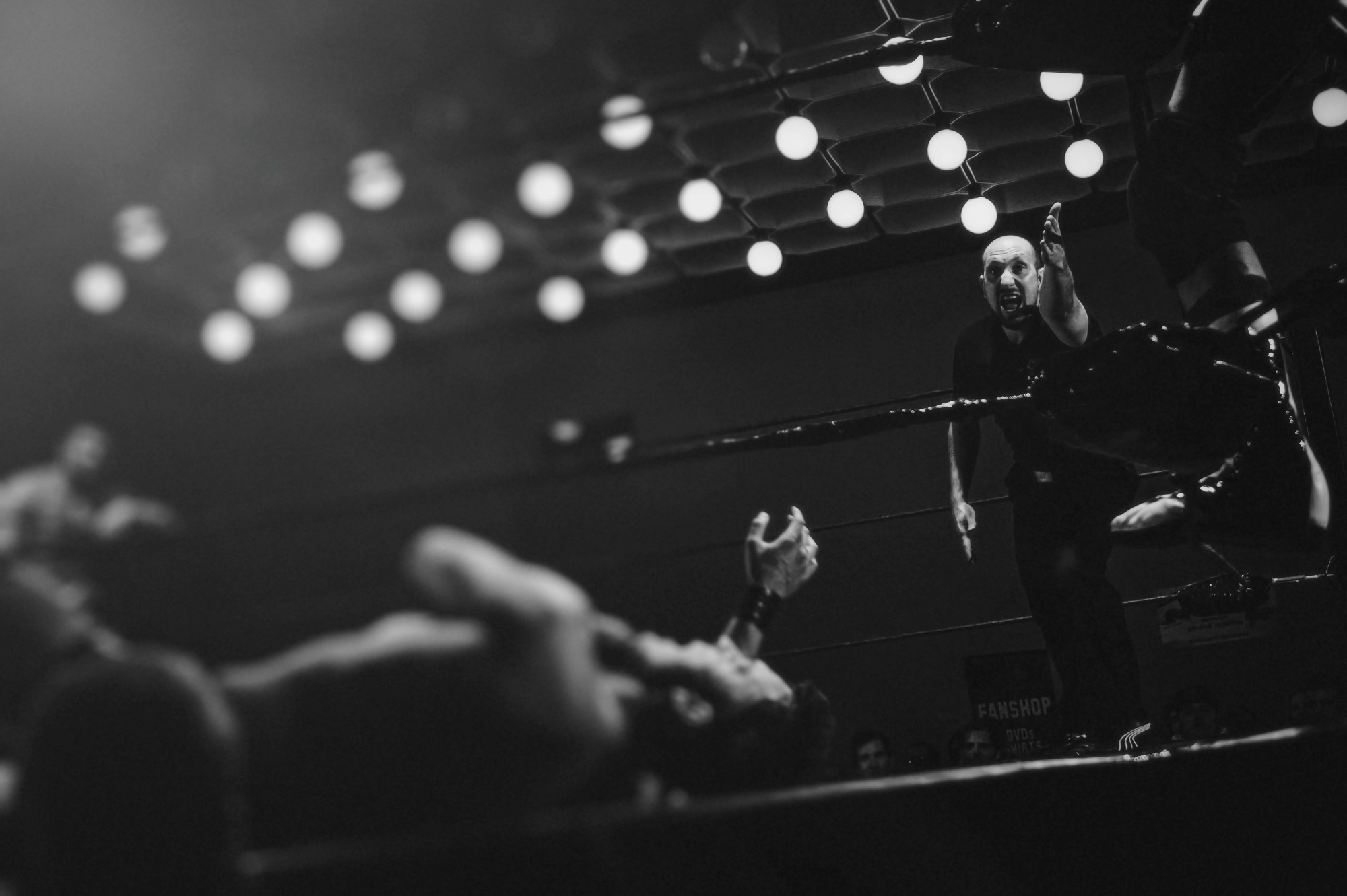“Freedom of expression is the matrix, the indispensable condition, of nearly every other form of freedom.” —U.S. Supreme Court Justice Benjamin N. Cardozo
In fall 2015, a unique class-action lawsuit was filed against the City of New York for unconstitutional arrests made in 2012. Two firms, Wolf Haldenstein Adler Freeman & Herz LLP and Stecklow & Thompson, are suing on behalf of over 200 people who were arrested between September 15, and September 17, 2012, while engaged in protests marking the first anniversary of the Occupy Wall Street demonstrations. The civil rights suit, which names the city of New York, former Mayor Michael Bloomberg, former police commissioner Raymond Kelly, and four police commanders, claims that the City has a policy of intentionally arresting people who are not engaged in criminal behavior, but who are exercising their assembly and expressive speech rights. The suit emphasizes in particular the City’s failure to properly train police officers in First Amendment policing. For relief, the plaintiffs ask for damages and an injunction that would prevent police officers from charging individuals engaged in free speech with disorderly conduct in the absence of any criminal conduct.
Occupy Wall Street, which aims to raise awareness about wealth distribution and initiate economic policy reform, gained momentum over the Internet in 2011, in response to the growing economic disparity throughout the United States. Much like the Arab Spring, the movement coordinated peaceful protest plans over social media. Protestors used online tools such as blogs, Twitter, YouTube, and Facebook to rapidly spread their message and organize demonstrations. The movement’s Web presence garnered particular attention by media outlets and sparked a nation-wide discussion about economic inequality. When protesters in New York attempted to assemble in Manhattan’s Financial District, however, they were met with police barricades and brutal policing practices, such as excessive force, baseless arrests, breaking-up of lawful assemblies, and the obstruction of the press.
One of the lawyers filing the class-action suit told The New York Times there is a discernible pattern of wrongful arrests carried out by the NYPD as far back as the 2004 Republican National Convention that was held in New York City. The NYPD’s current policies on policing demonstrations are not available to the public, making it difficult to assess whether these policies have changed and if police are following protocol. A recent report compiled by several law schools reveals that police policies in other U.S. cities caution against the use of force on civilians exercising First Amendment rights and often provide a separate set of guidelines for such contexts. By contrast, the NYPD Police Student’s Guide—obtained by the New York Civil Liberties Union through a Freedom of Information Law request—offers little to no guidance on using force during peaceful demonstrations.
In recent years, police have significantly cracked down on peaceful protests across the country, and more generally on nonviolent, unarmed citizens. Police response to the Occupy Wall Street movement in New York City is emblematic of a nationwide failure to respect and protect the people’s right to peaceful assembly and expression. The ACLU has noted that the pervasive limitations placed on expressive rights may result in a lessening of expressive activity in favor of self-censorship. In particular, the organization recommends police training that emphasizes de-escalation and alternatives to arrest.
The class-action suit seeks to demonstrate, namely through depositions from other wrongful arrest cases, that the City’s police are unaware of how to apply the law in situations involving individuals’ First Amendment rights. It remains to be seen whether the plaintiffs will be able to sufficiently demonstrate that the City not only failed to properly train and supervise its officers in First Amendment policing, but that it fostered unconstitutional practices. Regardless of the outcome, the lawsuit may raise awareness of New York City’s lack of effective policy, and encourage the NYPD to reevaluate police training and practices in peaceful protest situations. Such a change is not just encouraged, it is imperative in light of the Constitutional and human rights violations carried out under current police policy. Until then, the people may have stick to social media in order to safely and effectively exercise their First Amendment rights.
Sources:
- Colin Moynihan, Suit Says Police Violated Occupy Wall Street Protestor’s Constitutional Rights, N.Y. Times (Sept. 13, 2015), http://www.nytimes.com/2015/09/14/nyregion/suit-says-police-violated-occupy-wall-street-protesters-constitutional-rights.html?ref=topics.
- Wolf Haldenstein Adler Freeman & Herz LLP and Stecklow & Thomspson Announce the Filing of a Class Action Lawsuit Against the City of New York for Unconstitutional Arrests During the First Anniversary of Occupy Wall Street, Globe Newswire (Sept. 10, 2015, 5:06 PM), http://globenewswire.ca/news-release/2015/09/10/767605/0/en/Wolf-Haldenstein-Adler-Freeman-Herz-LLP-and-Stecklow-Thompson-Announce-the-Filing-of-a-Class-Action-Lawsuit-Against-the-City-of-New-York-for-Unconstitutional-Arrests-During-First-A.html?print=1.
- Julianne Pepitone, Protesters arrested on Occupy Wall Street’s 1-year anniversary, CNN (Sept. 17, 2012, 6:33 PM), http://money.cnn.com/2012/09/14/technology/occupy-wall-street-anniversary/.
- Colin Moynihan, 185 Arrested on Occupy Wall St. Anniversary, Y. Times (Sept. 17, 2012, 8:00 AM), http://cityroom.blogs.nytimes.com/2012/09/17/protests-near-stock-exchange-on-occupy-wall-st-anniversary/.
- Julianne Pepitone, Hundreds of protesters descend to ‘Occupy Wall Street,’ CNN (Sept. 17, 2011, 7:07 PM), http://money.cnn.com/2011/09/17/technology/occupy_wall_street/.
- Craig Kanalley, Occupy Wall Street: Social Media’s Role in Social Change, Huffington Post (Oct. 6, 2011, 7:58 PM), http://www.huffingtonpost.com/2011/10/06/occupy-wall-street-social-media_n_999178.html.
- Suppressing Protest: Human Rights Violations in the U.S. Response to Occupy Wall Street, Protest & Assembly Rights Project (2012), http://chrgj.org/wp-content/uploads/2012/10/suppressingprotest.pdf.
- Police Student’s Guide, New York Police Dep’t (July 2004), http://www.nyclu.org/files/NYPD%20Student%20Guide%20-%20Maintaining%20Public%20Order.pdf.
- Rights of Protesters, Civ. Liberties Union, https://www.aclu.org/issues/free-speech/rights-protesters (last visited Feb. 5, 2016).
Katherine Sacks is a second-year law student at Benjamin N. Cardozo School of Law and a Staff Editor of the Cardozo Arts & Entertainment Law Journal. She hopes to pursue a career in criminal law and civil rights.



